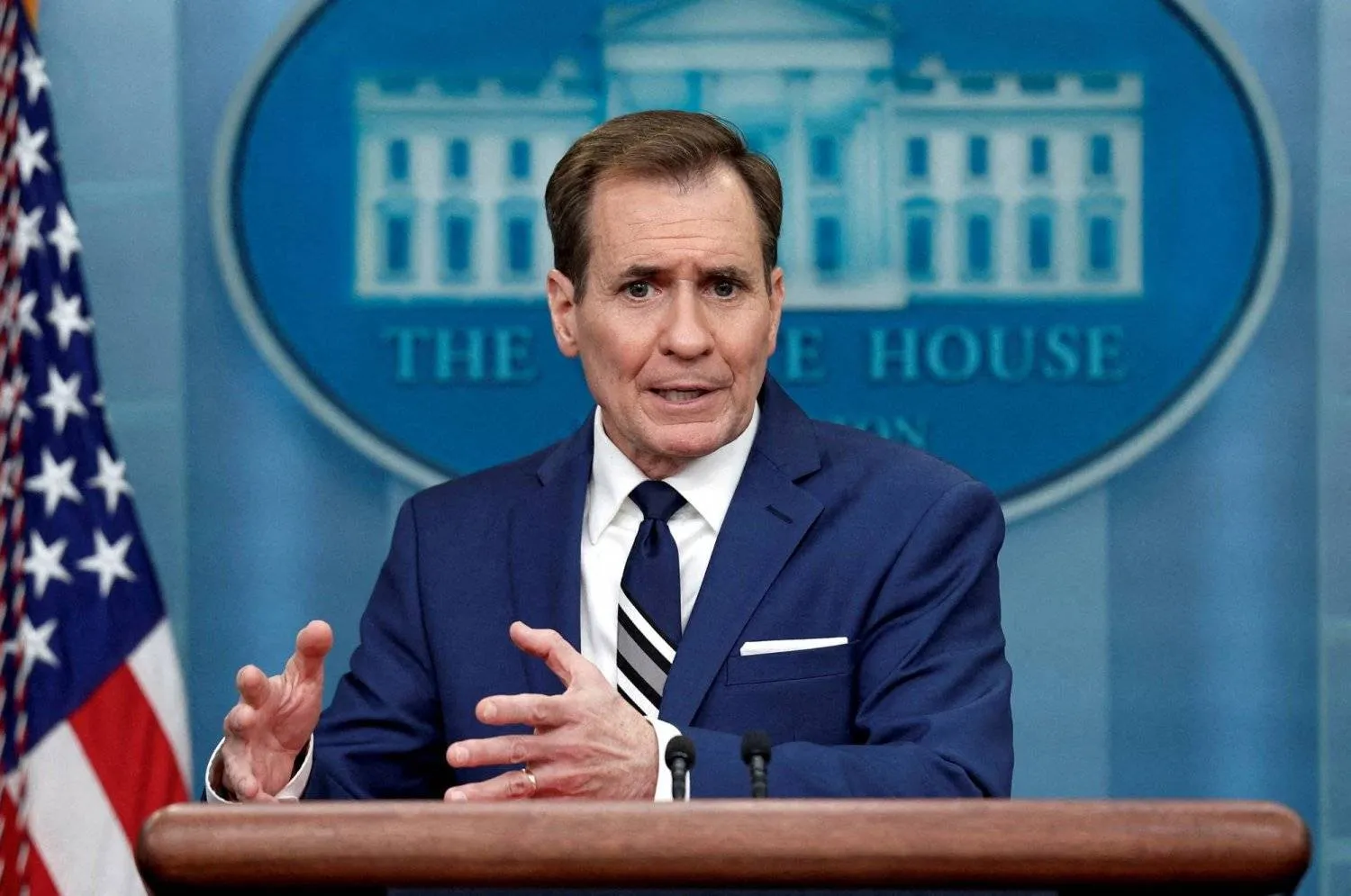The United States remains committed to defending Israel in any Iranian attack, and was hopeful about a possible Gaza ceasefire agreement, White House national security spokesperson John Kirby said on Tuesday.
Kirby told Israel's Channel 12 that it was tough to predict the chances of an attack but the White House takes Iranian statements seriously.
"We believe that they are still postured and poised to launch an attack should they want to do that, which is why we have that enhanced force posture in the region," Reuters quoted him as saying.
"Our messaging to Iran is consistent, has been and will stay consistent. One, don't do it. There's no reason to escalate this. There's no reason to potentially start some sort of all-out regional war. And number two, we are going to be prepared to defend Israel if it comes to that."
Iran has vowed a severe response to the killing of Hamas leader Ismail Haniyeh, which took place as he visited Tehran late last month and which it blamed on Israel. Israel has neither confirmed or denied its involvement.
The US maintains two aircraft-carrier strike groups in the Middle East, as well as an extra squadron of F-22 fighter jets.
Kirby said the force will remain "as long as we feel like we need to keep it in place to help defend Israel and defend our own troops and facilities in the region."
He remained upbeat over a possible Gaza ceasefire deal to end the 10-month-old war and return the remaining 108 Israeli hostages, saying the process has been "constructive" and he was looking forward to more talks in Doha in the coming days.
White House Says US Would Defend Israel in Iranian Attack

White House national security spokesperson John Kirby. Reuters file photo

White House Says US Would Defend Israel in Iranian Attack

White House national security spokesperson John Kirby. Reuters file photo
لم تشترك بعد
انشئ حساباً خاصاً بك لتحصل على أخبار مخصصة لك ولتتمتع بخاصية حفظ المقالات وتتلقى نشراتنا البريدية المتنوعة







